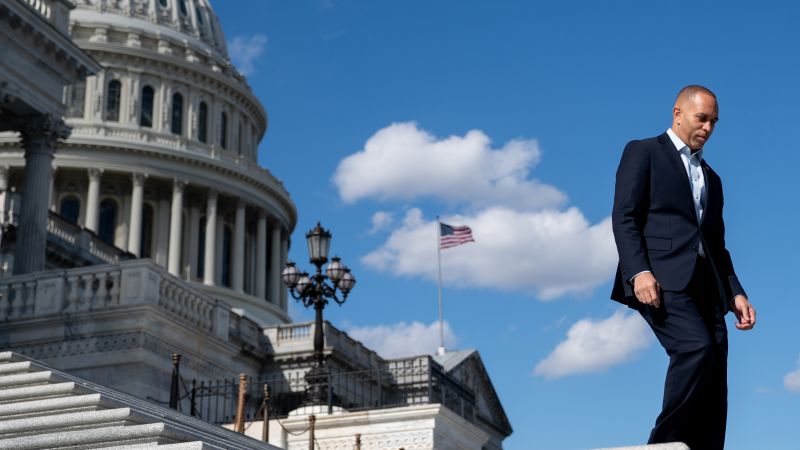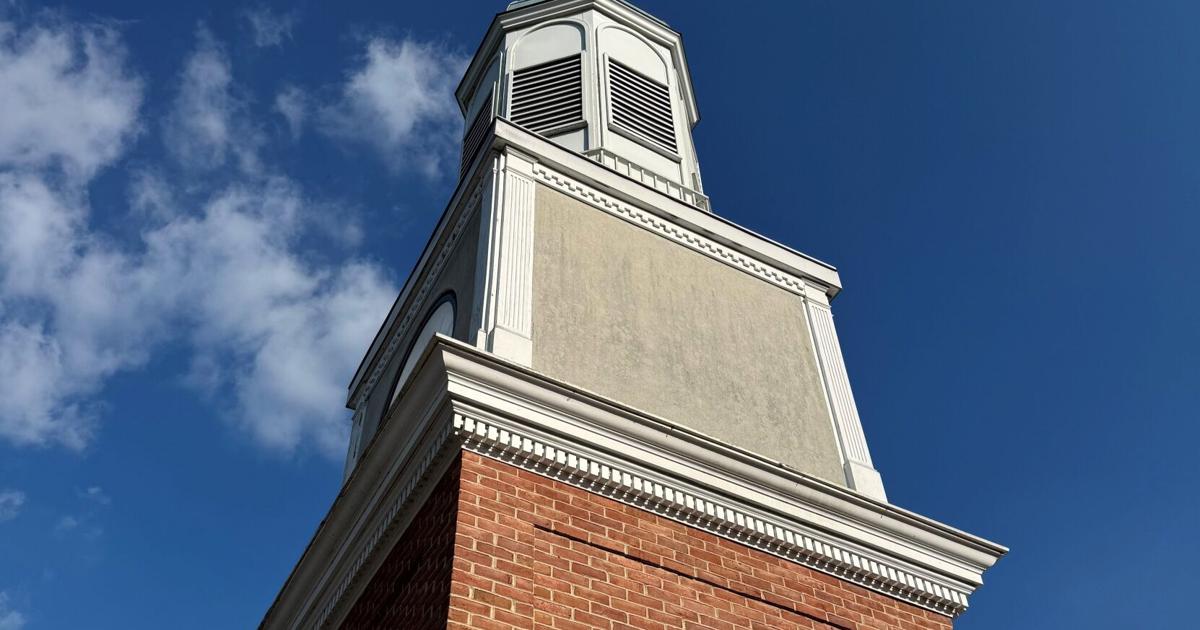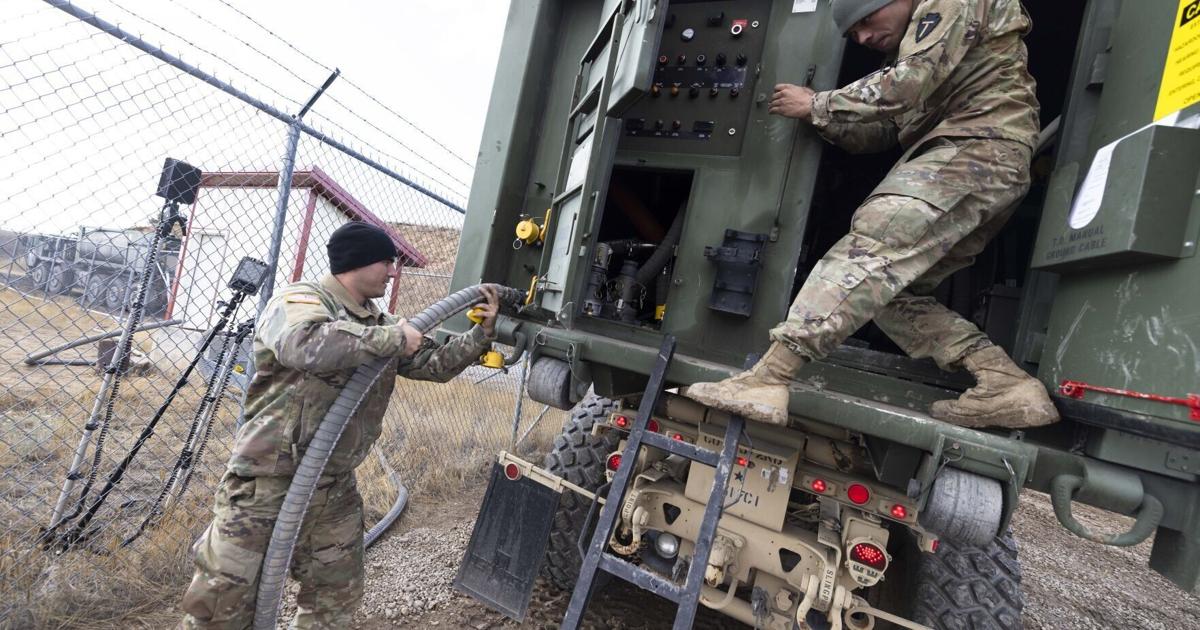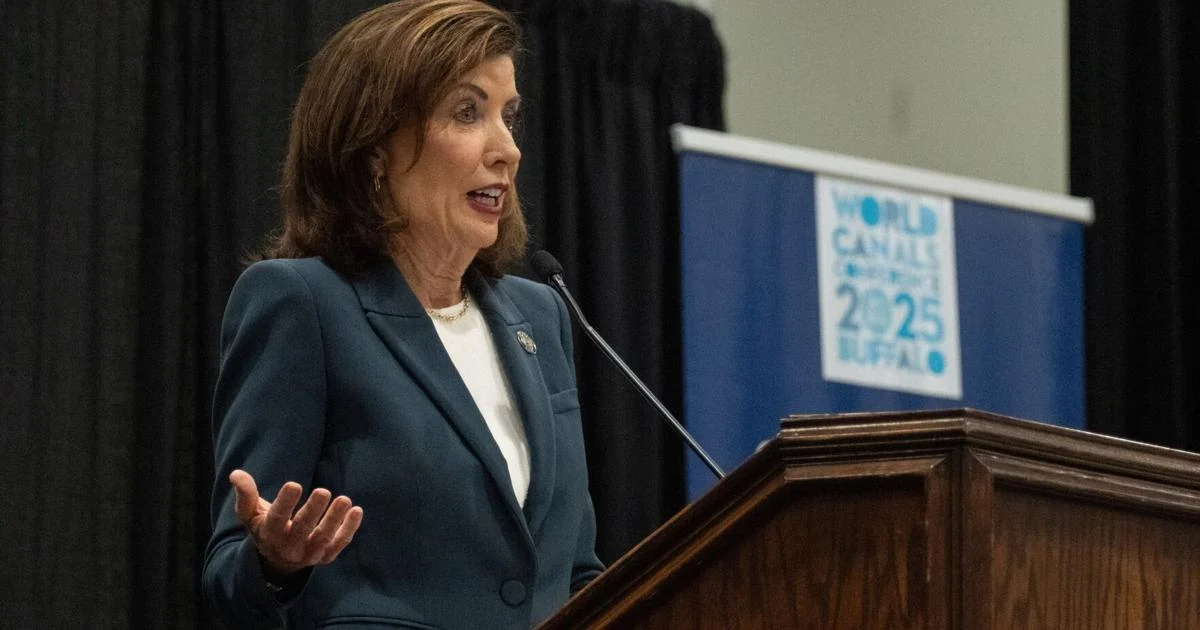Copyright Cable News Network

After the 2013 government shutdown ended, Republican leaders made clear they had only been humoring Sen. Ted Cruz and his plot to defund Obamacare. “It was not a smart play. It had no chance of success,” then-Senate Minority Leader Mitch McConnell of Kentucky said. Then-House Speaker John Boehner initially said the GOP had “fought the good fight.” But he would later say the plan “never had a chance” and even called the Texas senator “Lucifer in the flesh.” This is how shutdowns generally go. The side seeking a concession fights what they view as “the good fight,” and then they give up when it becomes clear that it’s also a losing fight. Because, as McConnell has often said, shutdowns don’t work. And maybe that’s how Democrats thought this one would go down. House Speaker Mike Johnson basically predicted as much Saturday, wagering Democrats might back down after Tuesday’s elections. But a full month into the shutdown, it’s hard to see how Democrats can give up now. The politics of this have gone surprisingly well for them. And Republicans seem to be the ones struggling for a path forward. Much can change as some of the biggest impacts of the shutdown start to hit this weekend and in the coming weeks. But we’re in a very different kind of shutdown this time — one where it’s much tougher to see the politics forming an obvious off-ramp. The polling on blame has been remarkably constant since before the shutdown began. People continue to blame President Donald Trump and the Republicans more than Democrats by double-digit margins in most surveys. That margin was 45%-33% in a Washington Post-ABC News poll released Thursday. A Yahoo News-YouGov poll, meanwhile, showed 46% said they blamed “conservative Republicans” a lot for the shutdown — more than the 38% who blamed “progressive Democrats” that much. Surveys also continue to show that Democrats’ policy demand, an extension of the enhanced Obamacare subsidies, remains popular with more than 7 in 10 Americans. That Yahoo survey also suggested a problem for Republicans that we haven’t seen tested in previous polling. It showed Americans said by a nearly 3-to-1 margin — 63%-21% — that they disapproved of the firings of thousands of federal workers during the shutdown. This was, of course, Trump’s big threat to Democrats. He made a big show of casting Office of Management and Budget Director Russ Vought as the grim reaper ready to target Democratic employees and programs for cuts — even as some Republicans cautioned the White House that such cuts could squander the GOP’s political advantages. Then the administration followed through. But it doesn’t seem to have dissuaded Democrats from pressing forward. And there’s now reason to believe those Republicans had a point about these cuts backfiring on the administration. Indeed, much of the GOP’s handling of this seems rather haphazard. And Friday was a case in point. The day started with Republicans dealing with a curveball from Trump, who decided late Thursday to suddenly urge them to nuke the filibuster to end the shutdown. This completely impractical idea also legitimized a key Democratic talking point — that Republicans could end the shutdown any time they want. Then Agriculture Secretary Brooke Rollins made a few seemingly unhelpful comments about the Supplemental Nutrition Assistance Program, or SNAP, also known as food stamps. She at one point said that if people really needed them that badly, then “we have failed you.” House Speaker Mike Johnson soon stepped in to clarify that the “we” somehow meant, “we, the Democrats.” (Neither Rollins nor Johnson is, in fact, a Democrat.) Separately, Rollins was noncommittal when asked whether the administration would abide by a judge’s order for it to release emergency SNAP funds, saying, “We’re looking at all the options.” It was a stunning response — not just because ignoring court orders could trigger a constitutional crisis, but also because it would mean the administration would be taking such a drastic step to prevent poor people from getting food. A pair of federal judges soon ordered the administration to release the emergency funds to at least partially cover food stamp benefits. But ahead of the rulings, Republicans did a great job making themselves out to be opposed to this — and even ready to fight against it. (Trump on Friday night ultimately indicated he would do what he could to fund SNAP.) Another major factor here is what the shutdown could do for Democrats. It’s early, but there is evidence this has led to something of a badly needed rallying effect on the left. The reason the Democratic Party has seen some of its worst poll numbers in history this year is largely because Democrats themselves have lost faith in their party. But a Quinnipiac University poll last week showed 58% of Democratic voters suddenly approved of their party’s congressional contingent. That’s still not great. But it is up nearly 20 points from where it was between February and July, when that number hovered around 40%. Democrats would seem to have relatively little reason to back down — and plenty of reason to stick with their demands that Republicans come to the table on extending the enhanced Obamacare subsidies. Imagine a situation in which they have these seeming political advantages and they throw in the towel anyways. It’s not difficult to see that reigniting a backlash on the left. And in case that danger wasn’t clear, witness a newly released Pew Research Center poll. It asked Democrats and Democratic-leaning independents who expressed frustration with the party what the main reason for that was. Far and away, the most-cited reason was not fighting hard enough against the Trump administration, which 41% cited. If you’re a Democrat, it’s hard to look at all of that and not want to at least let things play out. You might think the premium increases that people are seeing on their Obamacare plans after open enrollment began Saturday could shift the politics even more in your favor. And maybe you’ve got a little more confidence in how the SNAP issue is going to play. You might even start to think that, at the end of this long journey, there could be something more valuable than a moral victory.



